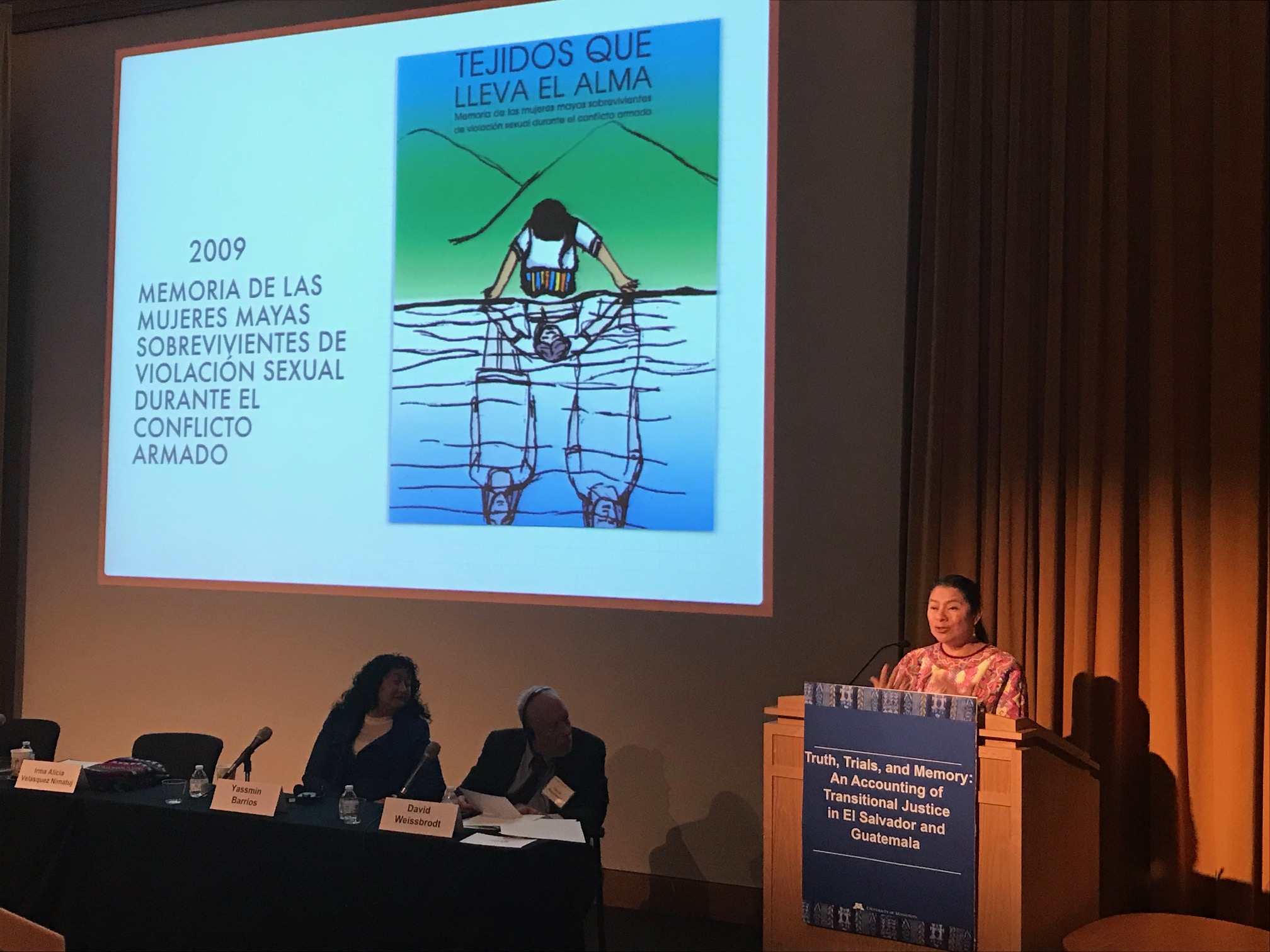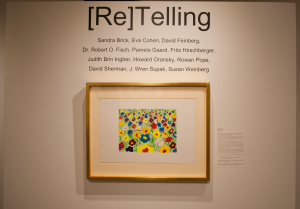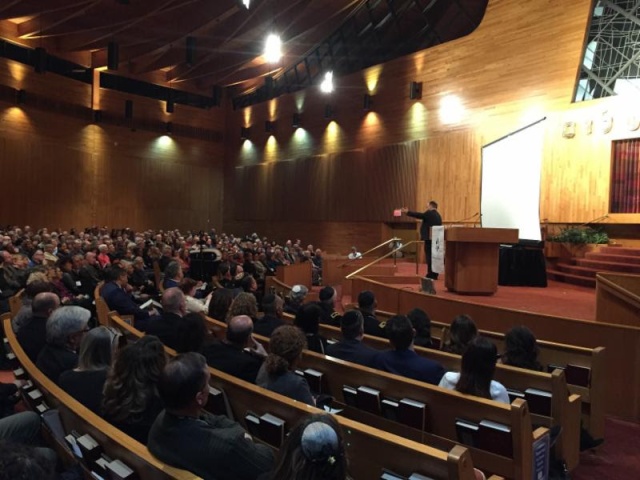From now until March 24, the Guthrie Theater is presenting Paula Vogel’s Indecent. Surely, this is the 21st century’s greatest play about the Jewish experience in 20th century Europe and America.

It’s a play about a play—Polish (later American) author Solomon Asch’s The God of Vengeance, one of Yiddish theatre’s most famous plays (along with The Golem and The Dybbuk)—but don’t let that put you off. In the hands of Vogel, the history of this work raises many issues relevant to our current times. Plus, the lively staging by Wendy Goldberg includes a good deal of Klezmer music and Jewish dance (choreography by Yehuda Hyman), so the heartbreaking story is thoroughly entertaining.

 Juan E. Méndez, a native of Argentina, is a Professor of Human Rights Law in Residence at the American University – Washington College of Law, where he is Faculty Director of the Anti-Torture Initiative. In February 2017, he was named a member of the Selection Committee to appoint magistrates of the Special Jurisdiction for Peace and members of the Truth Commission set up as part of the Colombian Peace Accords. He has previously held positions as UN Special Rapporteur on Torture and Other Cruel, Inhuman and Degrading Treatment or Punishment, an advisor on crime prevention to the Prosecutor, International Criminal Court, Co-Chair of the Human Rights Institute of the International Bar Association, President of the International Center for Transitional Justice, and the Special Advisor to UN Secretary General Kofi Annan on the Prevention of Genocide.
Juan E. Méndez, a native of Argentina, is a Professor of Human Rights Law in Residence at the American University – Washington College of Law, where he is Faculty Director of the Anti-Torture Initiative. In February 2017, he was named a member of the Selection Committee to appoint magistrates of the Special Jurisdiction for Peace and members of the Truth Commission set up as part of the Colombian Peace Accords. He has previously held positions as UN Special Rapporteur on Torture and Other Cruel, Inhuman and Degrading Treatment or Punishment, an advisor on crime prevention to the Prosecutor, International Criminal Court, Co-Chair of the Human Rights Institute of the International Bar Association, President of the International Center for Transitional Justice, and the Special Advisor to UN Secretary General Kofi Annan on the Prevention of Genocide.


